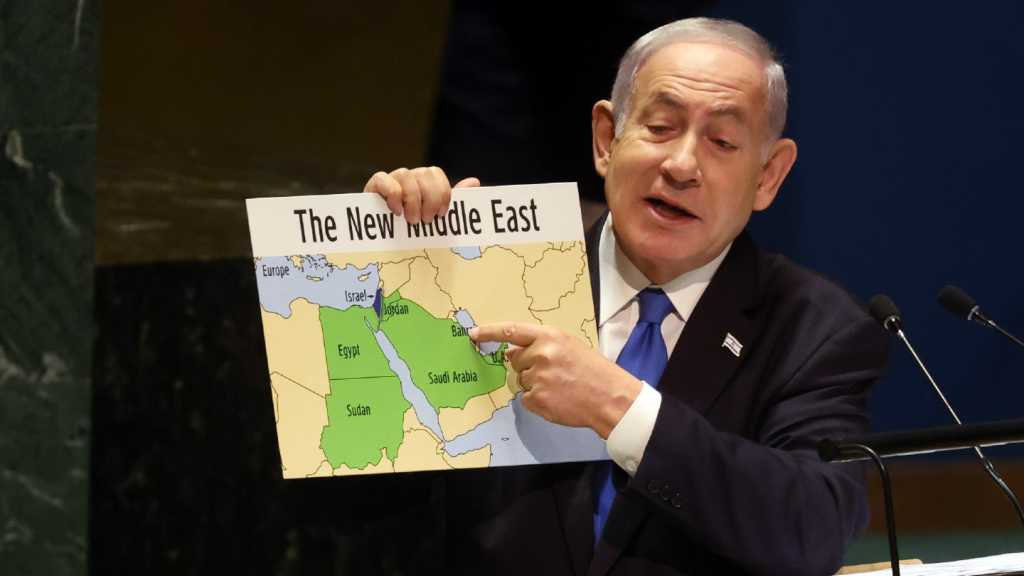A License to Kill: The Global Complicity in ’Israeli’ Lawlessness

By Mohamad Hammoud
The recent admission by the "Israeli" government that it conducted the assassination of a Hamas leader in Tehran highlights yet another instance of the "Israeli" military's blatant disregard for international law. This act, coupled with a long history of extrajudicial killings, territorial violations, and human rights abuses, exposes both the failure of the international community to hold "Israel" accountable and the complicity of its allies, particularly the United States. These actions raise urgent questions about the fairness and efficacy of the global legal system, as well as the erosion of established norms.
Violations of Sovereignty and Human Rights
The assassination of a foreign national on the soil of another sovereign state is a flagrant violation of international law, specifically Article 2 [4] of the United Nations Charter, which prohibits the use of force against the territorial integrity of another state. By conducting such operations, "Israel" undermines global diplomatic norms and sets a dangerous precedent for other nations. These actions, compounded by a disregard for human rights law, are part of a broader pattern of systemic violations. Article 6 of the International Covenant on Civil and Political Rights [ICCPR] prohibits arbitrary deprivation of life, yet "Israel" repeatedly engages in targeted killings, denying individuals the right to due process.
Humanitarian Law and Occupation
The violations do not stop there. In Gaza, the West Bank, and Lebanon, "Israel" has consistently breached international humanitarian law [IHL], particularly the Fourth Geneva Convention, which prohibits the transfer of an occupying power’s population into occupied territory. The continued expansion of settlements in the West Bank, alongside home demolitions and military operations that target civilian areas, perpetuate conflict and undermine peace efforts. These actions amount to collective punishment and exacerbate the already dire humanitarian situation in the region.
Complicity of the United States
Adding to the gravity of the situation is the unwavering support "Israel" receives from the United States. The recent resignation of US Ambassador Tom Nides, who protested the lack of an effective response to "Israeli" military actions, underscores this complicity. Nides explicitly criticized US policies for enabling "Israel's" actions, lamenting, “I grew tired of telling US officials that the ‘Israeli’ military is killing children.” This double standard not only emboldens "Israel" but also undermines the credibility of Western nations that profess to champion human rights.
The Implications of Inaction
The international community’s silence and inaction have far-reaching implications. When a state repeatedly violates international law without consequences, it sets a dangerous precedent, encouraging others to act similarly. This undermines the rule-based international order, weakens mechanisms for accountability, and erodes global norms meant to protect human rights and ensure peace. "Israel's" impunity threatens the legitimacy of international law and justice, further fueling cycles of violence and instability in the region.
Conclusion
The assassination in Tehran is yet another chapter in "Israel's" long history of international law violations. The lack of accountability not only enables such actions but also erodes the foundations of the international legal system. The resignation of Ambassador Tom Nides serves as a poignant reminder of "Israel's" defiance, even in the face of its strongest ally’s concerns. It is imperative for the global community to recognize that selective enforcement of international law undermines its legitimacy. Holding "Israel" accountable is not merely a matter of justice for the aggrieved; it is a necessity for the preservation of a rule-based global order. Without accountability, impunity becomes the norm, and the principles of international law lose their meaning.
Comments



